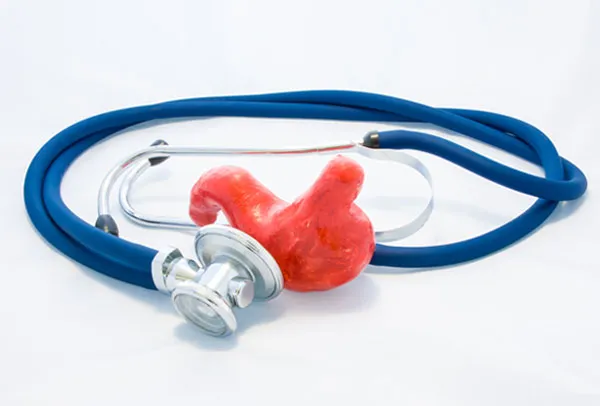
Stomach Cancer Awareness-Symptoms
November is Stomach Cancer Awareness month. Healthbay Clinic’s Gastroenterologist Dr. Neil Galletly talks more about ways we can prevent stomach cancer and keep our stomachs healthy.
Cancer prevention is about taking actions to reduce the risk of developing cancer. This usually means implementing changes to your diet or lifestyle. Taking the following actions should reduce your risk of stomach cancer:
- Treating H. pylori infection
Helicobacter pylori is a common bacteria that colonizes the lining of the stomach. It is often picked up in childhood and survives in the acidic environment of the stomach for many years. It will often cause no symptoms, although it may cause indigestion. Long-term infection with H. pylori can cause the stomach to become inflamed (gastritis) and cause changes in the cells that line the stomach. Over time, these cells become abnormal and may become cancerous. It is estimated that 78% of all stomach cancers are attributable to H. pylori infection.
pylori infection can be detected either by a special breath test, a stool test, or a gastroscopy. A blood test that looks for antibodies to H. pylori can also be used – however, this is less useful as a positive result can mean either that you are infected with H. pylori or that you had an infection in the past that is now cleared. All of these tests, together with H. pylori treatment, are available at Healthbay Polyclinic
Successfully treating H. pylori infection with antibiotics lowers the risk of developing stomach cancer. Ideally, the infection should be treated in early adulthood (20s and 30s) before changes in the cells lining the stomach have started to occur. H. pylori can be resistant to a number of antibiotics so most courses of treatment involve taking a combination of antibiotics and acid-suppressing medication for a 10-14 day course. Even the best courses of therapy have only a 90% success rate at eradicating the infection so it is good advice to have a repeat test for H. pylori a month or so after completing a course of treatment to make sure ther treatment has been successful.
- Stopping smoking
We all know that smoking is bad for us! Smokers have a two-fold increased risk of developing stomach cancer and stopping smoking reduces the risk of stomach cancer over time. Smoking also increases the risk for many other types of cancer, as well as heart disease, chronic lung disease, and stroke.
- Losing weight
Being overweight or obese increases the risk of stomach cancer. On the other hand, being physically active can help lower your risk. Obesity also increases the risk for many other types of cancer, as well as heart disease and diabetes. The American Cancer Society recommends staying at a healthy weight throughout your life by balancing calorie intake with physical activity.
- Cutting back on salted, smoked, and pickled foods
A high intake of salted, pickled, and smoked food can increase your risk of stomach cancer.
- Increasing your intake of fresh fruits and vegetables
A diet high in fresh fruits and vegetables can lower stomach cancer risk. Citrus fruits which are high in vitamin C, may be especially helpful. It is recommended to try to eat three to five portions of fresh fruit or vegetables per day. Some studies have also shown that whole-grain cereals, carotenoids, green tea, and substances found in garlic may lower the risk of stomach cancer, although other studies have not shown a benefit.









